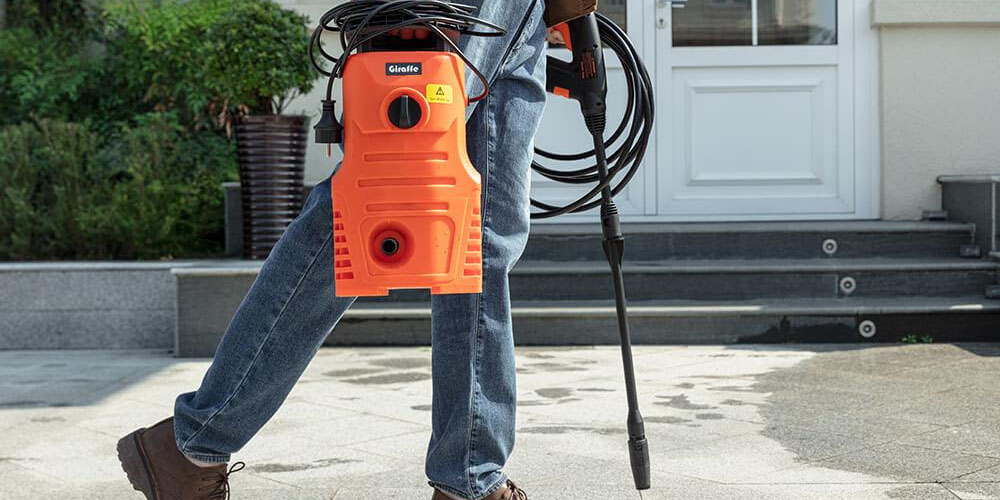Many buyers have a hard time choosing between gas and 2 in 1 electric pressure washers. Although the two models perform the same task, they feature different modes of functionality. This difference creates a considerable disparity regarding efficiency, practicality, ease of use, among other vital factors. This piece delves into the differences between a gas and electric pressure washer based on different attributes.
1. Cost of the pressure washer
If you are to look at the two options in terms of affordability, the gas pressure washer takes the short end of the broom. Although it may be more durable, it is not the friendliest alternative budget-wise. The electric pressure washer may not be as effective or long-lasting, but it gets the upper hand regarding the price point. This advantage makes it a perfect choice for buyers on a tight budget.
2. Practicality of the pressure washer
Electric-powered washers will be your go-to option if you plan to work indoors. They do not emit any harmful fumes as would be the case with their gas-powered counterparts. On top of that, electricity-powered pressure washers tend to be lighter, compact, and easy to use. However, they are not entirely perfect. Electric power washers lack portability and must be connected to a source of electricity to function. Contrary to that, gas-powered pressure washers do not need anything else but kerosene and diesel to run. Additionally, they are low maintenance which contributes to heightened durability.
3. Water Flow Rating
Gas-powered pressure washers have an edge regarding the water flow rating. Gas-powered units put out more water per press with efficient brass parts, quality pumps, and heavy-duty engines. Ideally, they can churn out up to 2.5 GPM, which is almost two times faster than the electric pressure washer that only delivers a mere 1.5 GPM.
4. Power Rating
Once again, gas-powered units outperform their electric counterparts in power output. An average electric pressure washer can only put out 2000 PSI which is half what the cheapest gas-powered unit can deliver. Remember, more water jet power means faster and more efficient cleaning capabilities.
5. Longevity and Limitations
It all narrows down to longevity when it comes to pressure washers. Gas-powered pressure washers have proven to last longer. They do not require additional extension cords or much attention in maintenance. Similarly, electric pressure washers are made of low-quality materials like plastic to make them light. Such materials break quickly, limiting the longevity of such units.
6. Ease of Use
This attribute is one of the few areas where electric pressure washers have a clear advantage. Indeed, electric units are relatively user-friendly than gas-powered competitors. Simply plugging the electric pressure washer into a power source and getting down to business is a breeze compared to dealing with diesel and kerosene before work. Furthermore, electric units are light and compact, thus allowing for added mobility.
7. Source of Power
While the electric pressure washer runs on electricity, the gas pressure washer uses diesel or kerosene to heat up. Whether diesel or electricity, both power sources have their unique advantages. Electricity may be ideal for indoor washing and is more environmentally friendly. On the flip side, diesel and kerosene are not grand for indoor use by will work excellently on the outdoors.
Conclusion
As much as gas pressure washers emerge as the better option, it is essential to understand that both models have their pros and cons. Your final choice should not depend on the highlighted attributes alone; you also need to consider the size of the task at hand and the conditions you will be working in.


